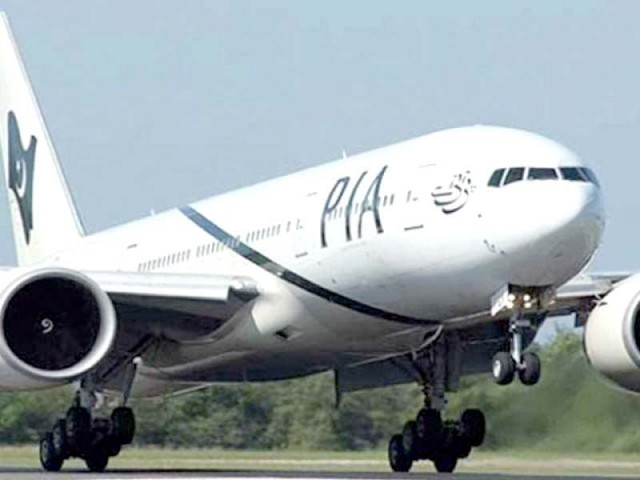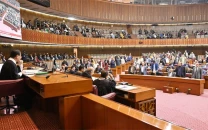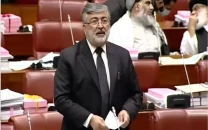EU declines temporary flying permission to PIA
European regulator shows lack of trust in CAA performance

The European Union Aviation Safety Agency (EASA) has declined to allow temporary and conditional resumption of Pakistan International Airlines (PIA) flights to Europe, expressing a lack of trust in the performance of the Pakistan Civil Aviation Authority (PCAA).
In response to a letter from the PIA Chief Executive Officer (CEO) Air Marshal Arshad Malik, the European regulator said that the agency’s scope did not provide for the possibility of granting temporary or conditional permission to any third country operator.
PIA operations for the continent have been suspended for many months because of a ban imposed by EASA. However, recently, the PIA chief had written a letter to EASA after satisfactory audit report of PIA by the EU. The CEO requested an independent audit by delinking PIA from the PCAA.
The PIA had now received the EASA reply. According to the reply, there was a lack of trust in the certification and monitoring performance of the PCAA. The letter stressed that a safety audit of the PCAA was essential for the restoration of PIA flights.
Sources said that the current situation indicated that the ban on the PIA flights to Europe and the UK would remain in place. They added that in the context of the basic demand of EASA, the PCAA affairs could not be complied with soon.
The CEO of PIA had requested EASA that Pakistan’s national flag carrier should be granted interim permission to fly to Europe until the PCAA cleared the audit. However, the regulator said its scope did not provide temporary or conditional permission to any third country operator.
PIA spokesman Abdullah Khan has confirmed that a reply letter from EASA had been received.



















COMMENTS
Comments are moderated and generally will be posted if they are on-topic and not abusive.
For more information, please see our Comments FAQ